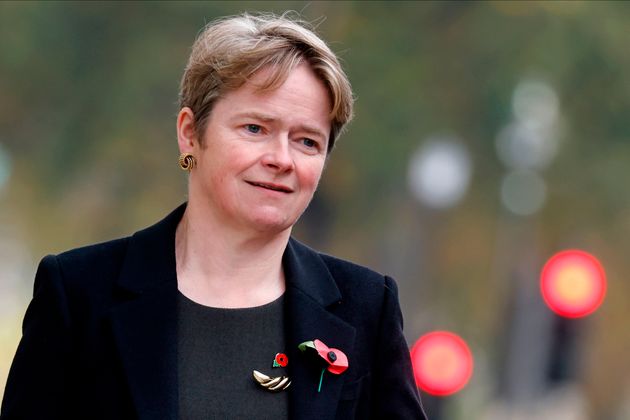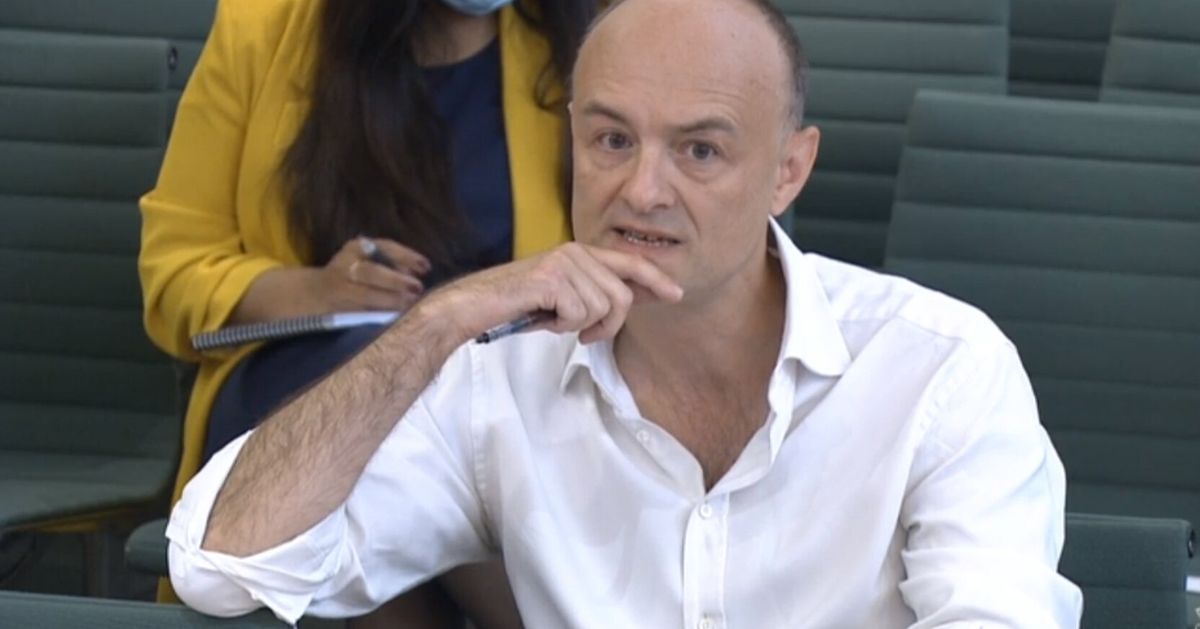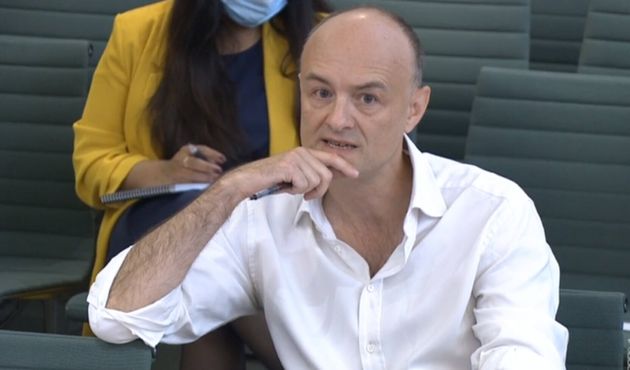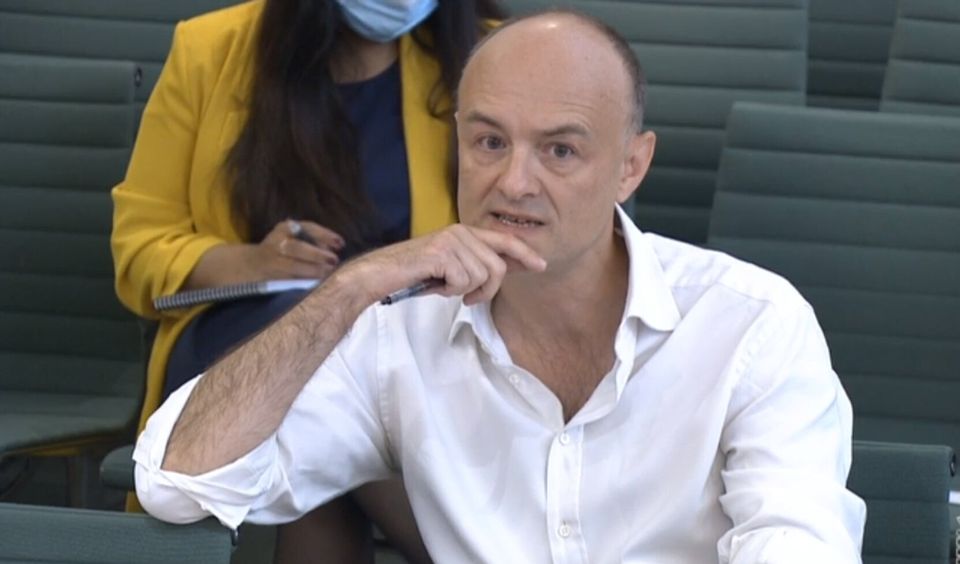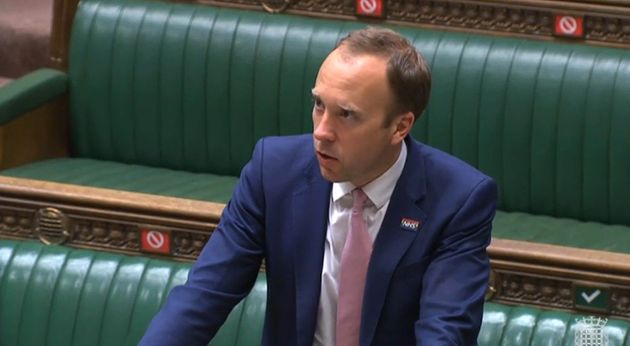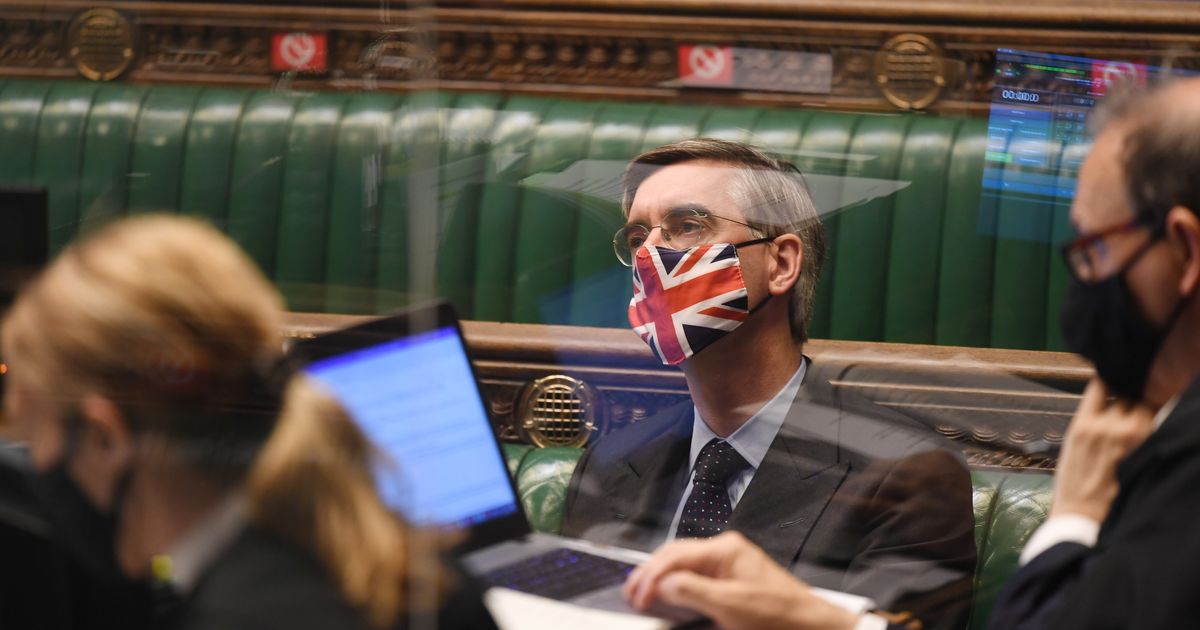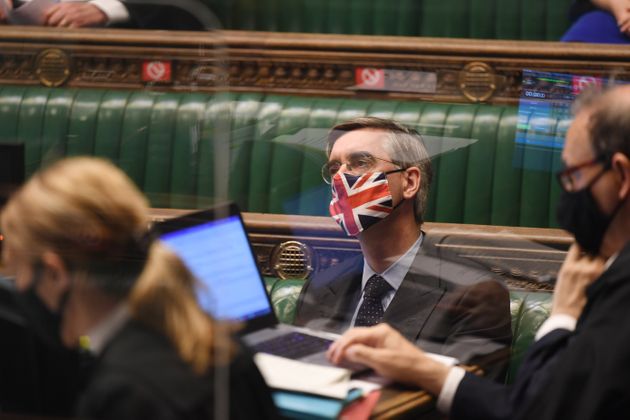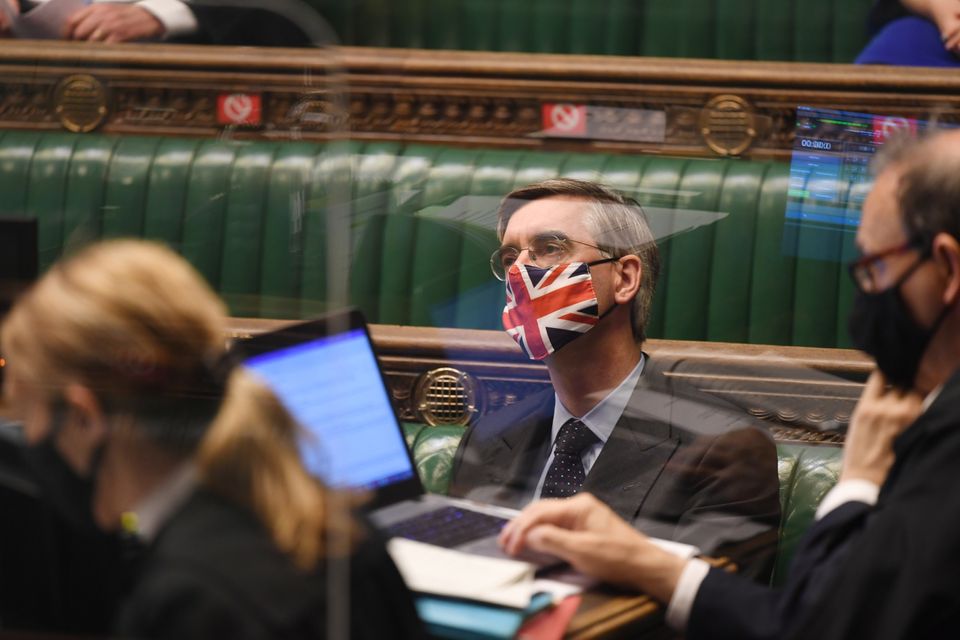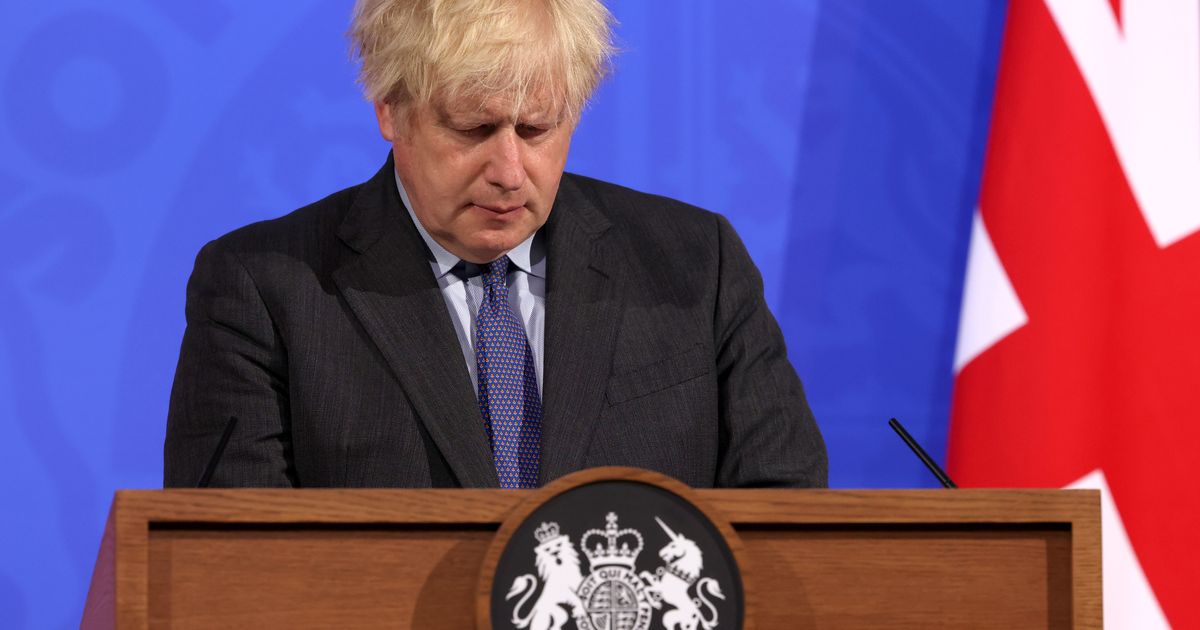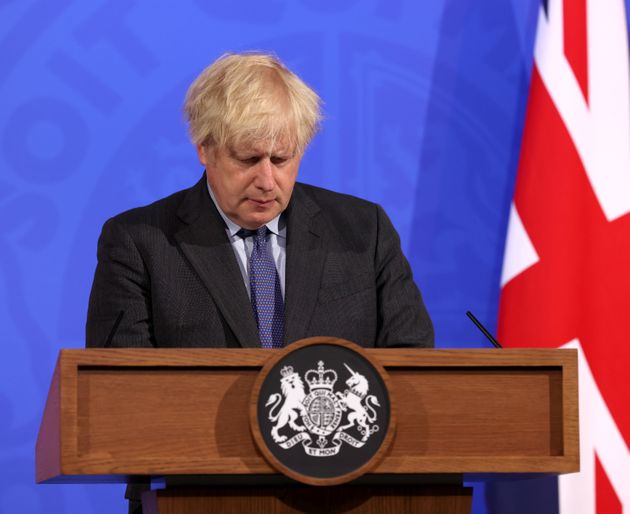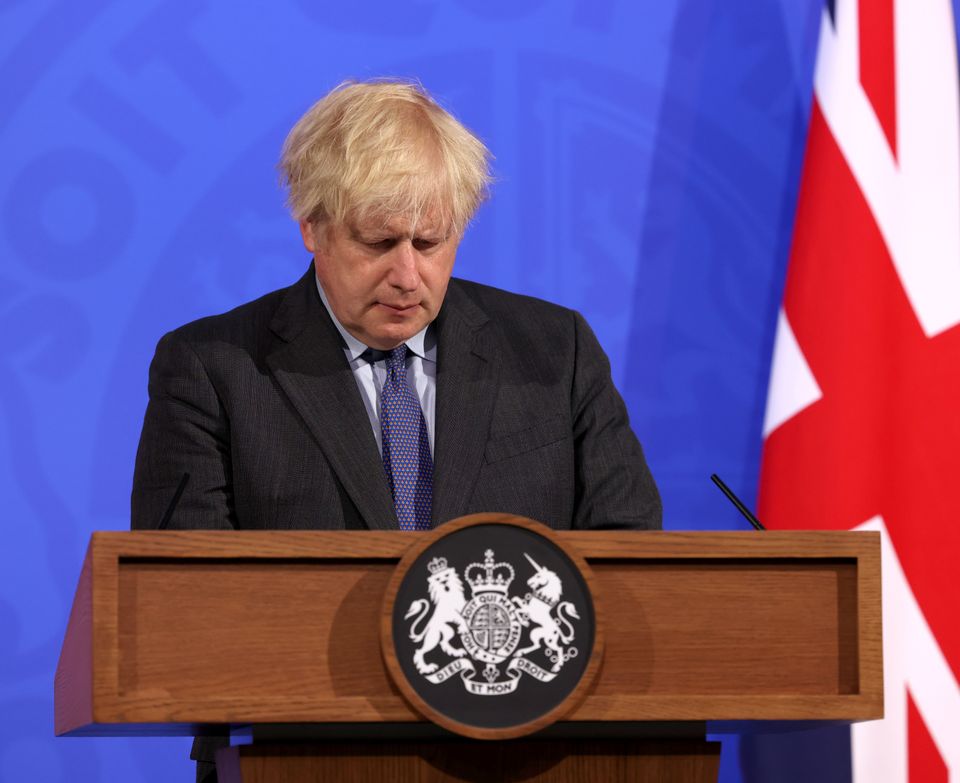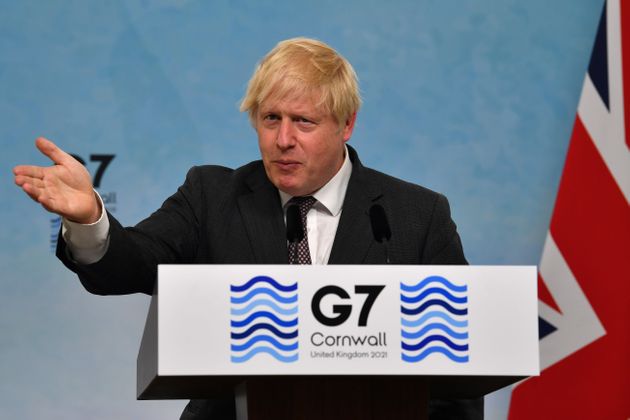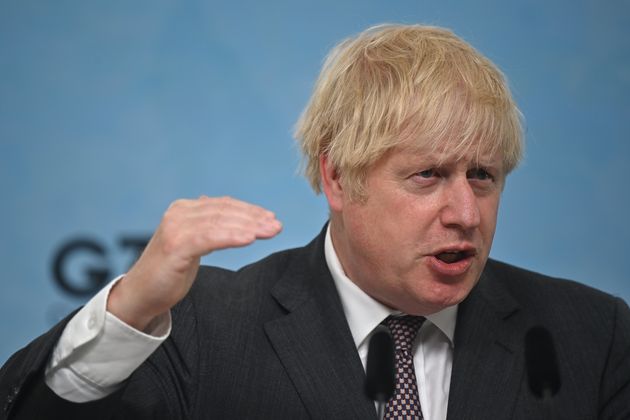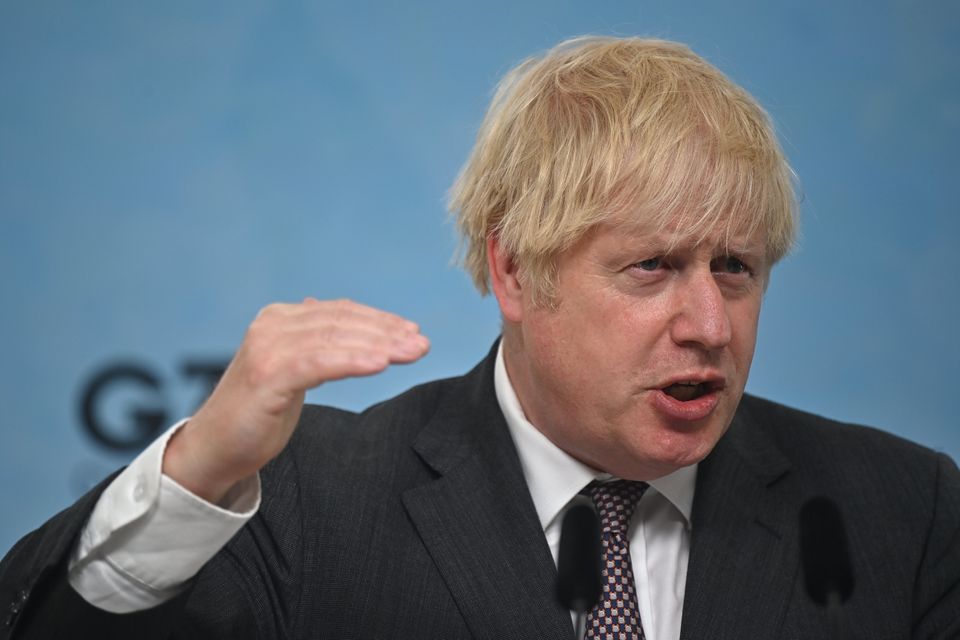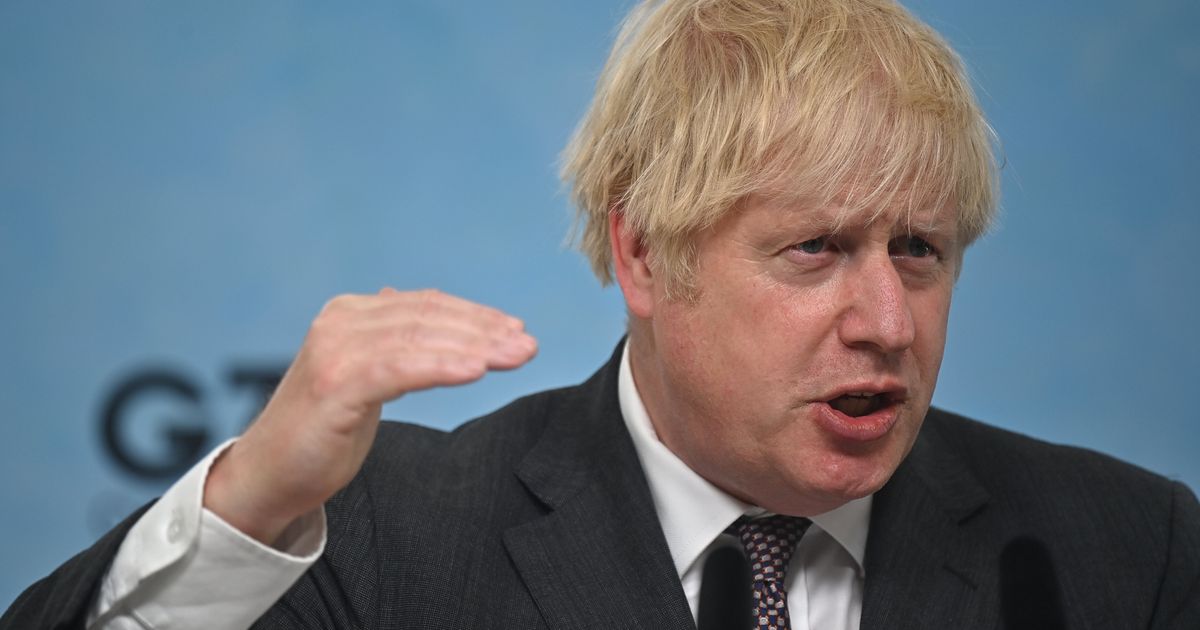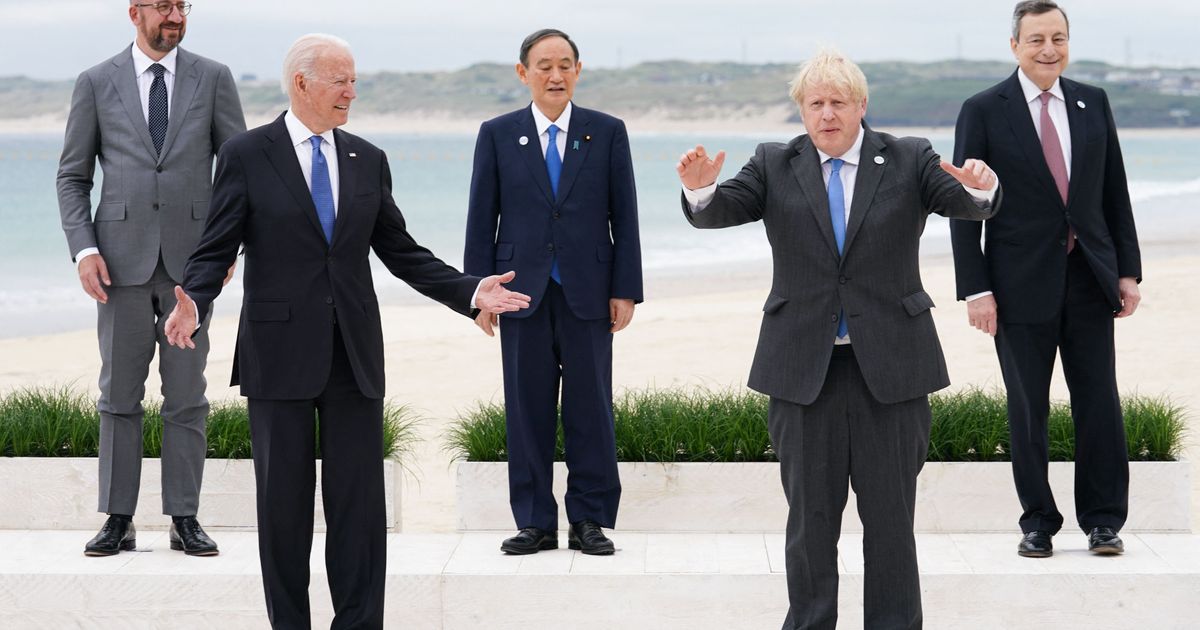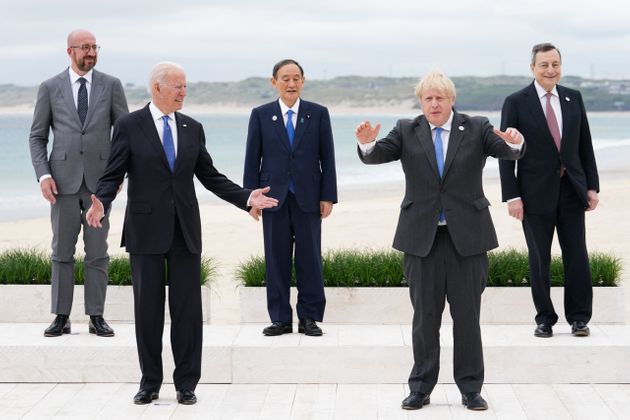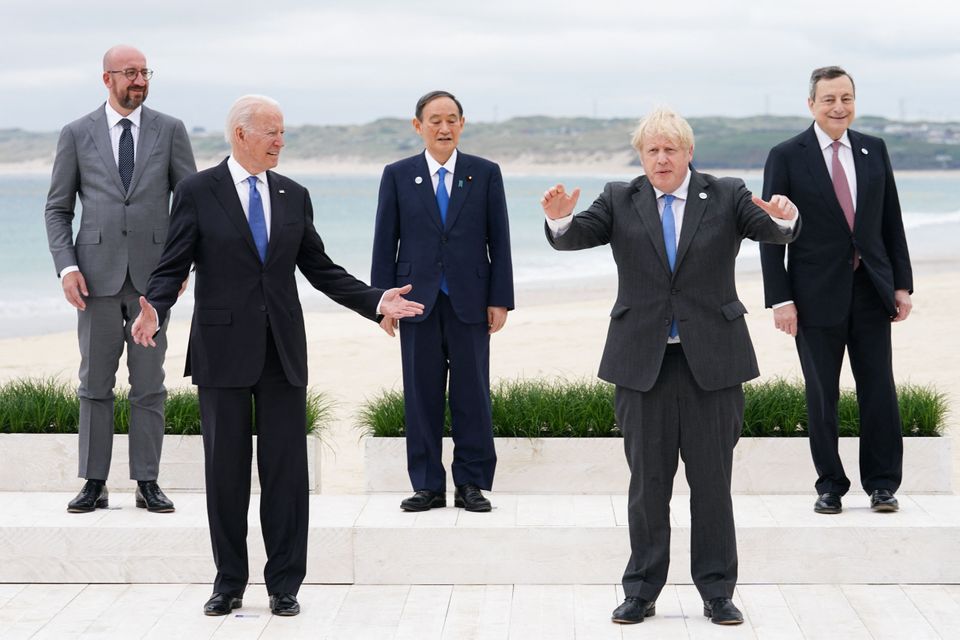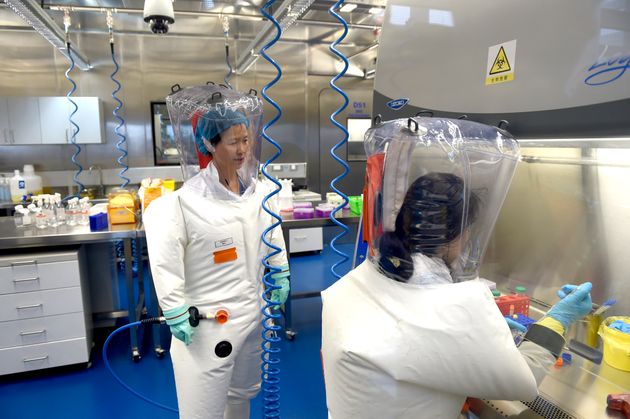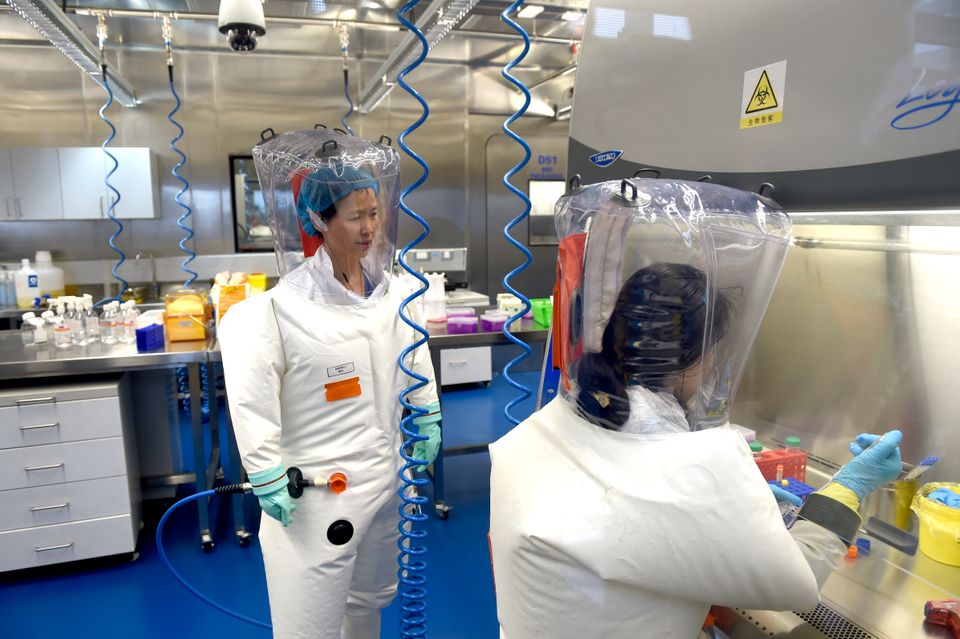Matt Hancock has confirmed that Covid vaccination is to be a condition of employment for care home staff and that the government will consult on a similar rule for NHS staff.
The health secretary told MPs of the move, despite opposition from Labour, trade unions and others who fear it could prove counter-productive.
Speaking in the Commons, Hancock said: “The vast majority of staff in care homes are already vaccinated but not all, and we know that the vaccine not only protects you but protects those around you.
“Therefore we will be taking forward the measures to ensure the mandation as a condition of deployment for staff in care homes and we will consult on the same approach in the NHS in order to save lives and protect patients from disease.”
He added that he would now consult on whether all healthcare staff, including those in the NHS and domiciliary care, should face similar rules.
“The principle of vaccination for those in a caring responsibility is already embedded and indeed there is a history going back more than a century of vaccination being required in certain circumstances, and I think these are reasonable circumstances.
“So, we will go ahead for those who work in care homes and we will consult for those in domiciliary care and on the NHS.”
He added that he had no wider proposals to make the vaccinations compulsory for the public, but did say that the state had a lesser “duty” toward those who had refused to be jabbed.
Former minister Steve Baker suggested carers should have a right to choose between the vaccine or daily lateral flow tests, but Hancock replied: “It is a matter of risk and we know the vaccine reduces that risk very significantly.”
The prime minister’s official spokesperson said that no vote by MPs would be required to enact the change. “I don’t believe this is something that would be voted on in parliament,” he said.
England’s chief medical officer, Professor Chris Whitty, has said doctors and care workers have a “professional responsibility” to protect their patients, just as they already have a “duty” to get jabbed for hepatitis B.
But the backlash against making Covid vaccinations effectively compulsory for care home staff began in earnest, with some in the sector warning it would make it harder to attract badly-needed employees and could lead to some quitting.
The GMB union claimed more than a third of carers would consider leaving their jobs if vaccinations become compulsory.
NHS figures to June 6 show overall that 84% of staff in older adult care homes in England have had one dose of vaccine, and almost 69% have had both jabs.
But the data shows that in Hackney, east London, for example, just 66.7% of staff in older adult care homes have had their first dose, with only 58.6% of staff in the borough having both doses.
Dr Susan Hopkins, strategic response director for Covid-19 at Public Health England, told MPs “people may vote with their feet, and not want to have the vaccine, and therefore not work in a care home, and that could lead to staff supply issues in care homes”.
She told the Science and Technology Committee: “I will remain a little bit concerned that we will have shortages of care staff once the mandate has come in, but I’m sure that the vast majority of care workers do want to do the right thing and get vaccinated to protect the elderly under their care.”
Research published last month by the London School of Hygiene & Tropical Medicine (LSHTM) found Black African and mixed Black African staff are almost twice as likely to decline a vaccination as white British and white Irish participants.
Reasons included concerns about a lack of research and distrust in the vaccines, healthcare providers, and policymakers.
Unison general secretary Christina McAnea said: “The only way out of the pandemic is for everyone that can to have their jabs. Encouragement has the best results and research shows coercion makes the nervous less likely to be vaccinated.
“The government’s sledgehammer approach now runs the risk that some care staff may simply walk away from an already understaffed, undervalued and underpaid sector.”
GMB national officer Rachel Harrison said: “The government could do a lot to help care workers: address their pay, terms and conditions, increasing the rate of and access to contractual sick pay, banning zero hours, and ensuring more mobile NHS vaccination teams so those working night shifts can get the jab.
“Instead, ministers are ploughing ahead with plans to strong-arm care workers into taking the vaccine without taking seriously the massive blocks these workers still face in getting jabbed.”
Mike Padgham, chairman of the Independent Care Group (ICG) which represents care homes in Yorkshire, said “it will put people off coming into the service”.
“The second problem is people who are already working in the service who might not want the vaccine. We are so stretched for frontline staff. It sounds easy to redeploy them but it isn’t easy to replace them when you redeploy them. And I think people will be put off.”
Director of public health for Gateshead, Alice Wiseman, told Times Radio she backed the move, saying: “This is a really difficult decision because nobody ever wants to take away an individual’s right to have that choice.
“But we do make some vaccines mandatory in other aspects of healthcare. So, for example, we ensure all surgeons have their hep B vaccination, and it’s really important that we do this where we’re protecting those people who we are caring for.”

